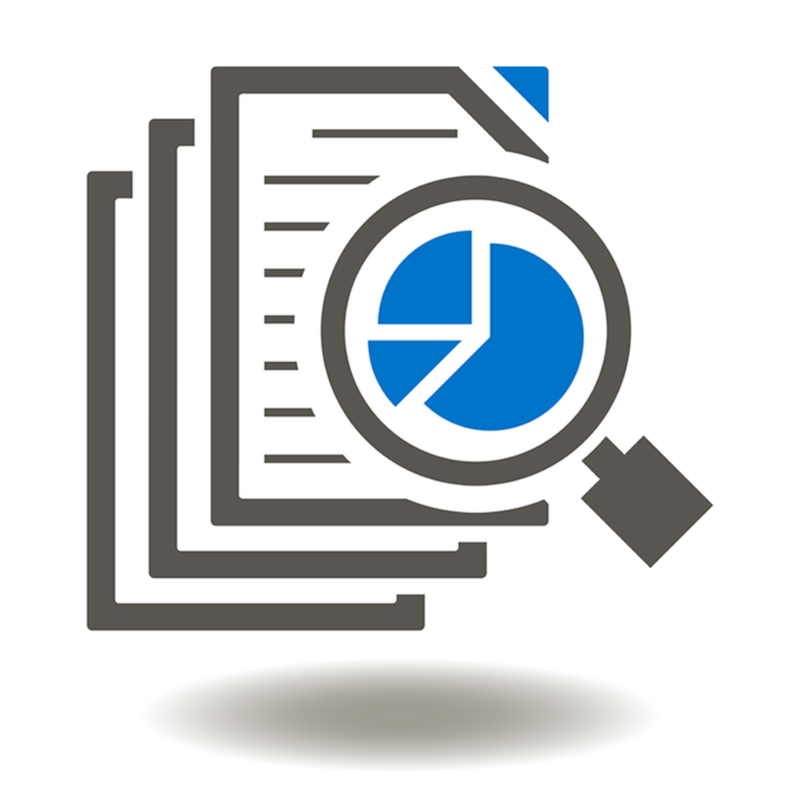Contact Me
Carrier Limitations
When it comes to controlling wireless costs, data usage has become the most important metric in managing wireless invoices today as usage is calculated based on the quantity of data purchased. In response to data metering, the following behavior summarizes the wireless carriers’ response to the growing data challenge.
 First, carriers are either unable or they are unwilling to provide details in their invoices regarding the quantity of data consumed by actual websites or applications. This makes it challenging to assess the amount of data consumed on business functions versus personal usage for companies with corporate-liable devices.
First, carriers are either unable or they are unwilling to provide details in their invoices regarding the quantity of data consumed by actual websites or applications. This makes it challenging to assess the amount of data consumed on business functions versus personal usage for companies with corporate-liable devices.
Second, when it comes to controlling access, carriers only provide rudimentary tools for consumers to control data access on a child’s device; a woefully inadequate approach for business users.
What Are Carriers Offering
In the absence of granular visibility and legitimate control components, carriers instead attempt to mitigate cost increases for its clients by offering two forms of pricing incentives represented by either higher capacity plans, which offer better cost/GB ratios than the standard 2GB plans, or through unlimited plans, neither of which do anything to help companies contain data growth.
One path carriers take is to offer credits or aggressive pricing on 4 or 5GB plans. It doesn’t matter if a company’s business needs average less than 2GBs, this type of offer provides the perception of a carrier concession, a coveted element of carrier negotiations. Buying more data headroom is only wise if business usage requires more than the baseline plans of 2GBs. At any rate, carriers are content because the client’s invoice continues to rise. This type of approach can be compared to an airline offering a discount to sell one more seat on a plane that has the capacity and is flying that route regardless – all of which provides an incremental margin where standard pricing wouldn’t.
A second path is Unlimited Data plans where, for an increase between 25% to 40% in price, the carrier offers unlimited usage. The selling point, of course, is that if users are on unlimited plans then there is no longer a need to worry about usage overages. However, there are several caveats that make an unlimited plan risky at best. One, the plan results in a substantial increase to your wireless cost per device but comes with a belief that your data management task has been simplified. If business usage does not merit the higher capacity plans, this approach simply results in a cost increase further masking a potential underlying issue of high personal usage or waste. Additionally, unlimited plans are not truly unlimited as carriers typically throttle usage once it exceeds 20GB on an individual device.
Unlimited plans can make sense in some cases where business usage is abnormally high because it represents the most cost-effective way to purchase data for high use cases, but as an overall strategy, it only provides the carrier with higher margins at the expense of your company.
What is the Right Solution
A deal from the carrier on higher capacity or unlimited plans is only a deal if you are certain that your employees must have higher data usage capacity in order to do their jobs. From our analysis, looking at actual websites accessed by corporate-liable mobile devices, over 60% of the monthly usage is for personal or entertainment reasons. Before buying higher capacity or unlimited plans, the best use of company resources is to make sure your company is not subsidizing the entertainment activities of its employees.
Would you like to find out how much of your employee data usage is personal versus business?
Click here to learn more.